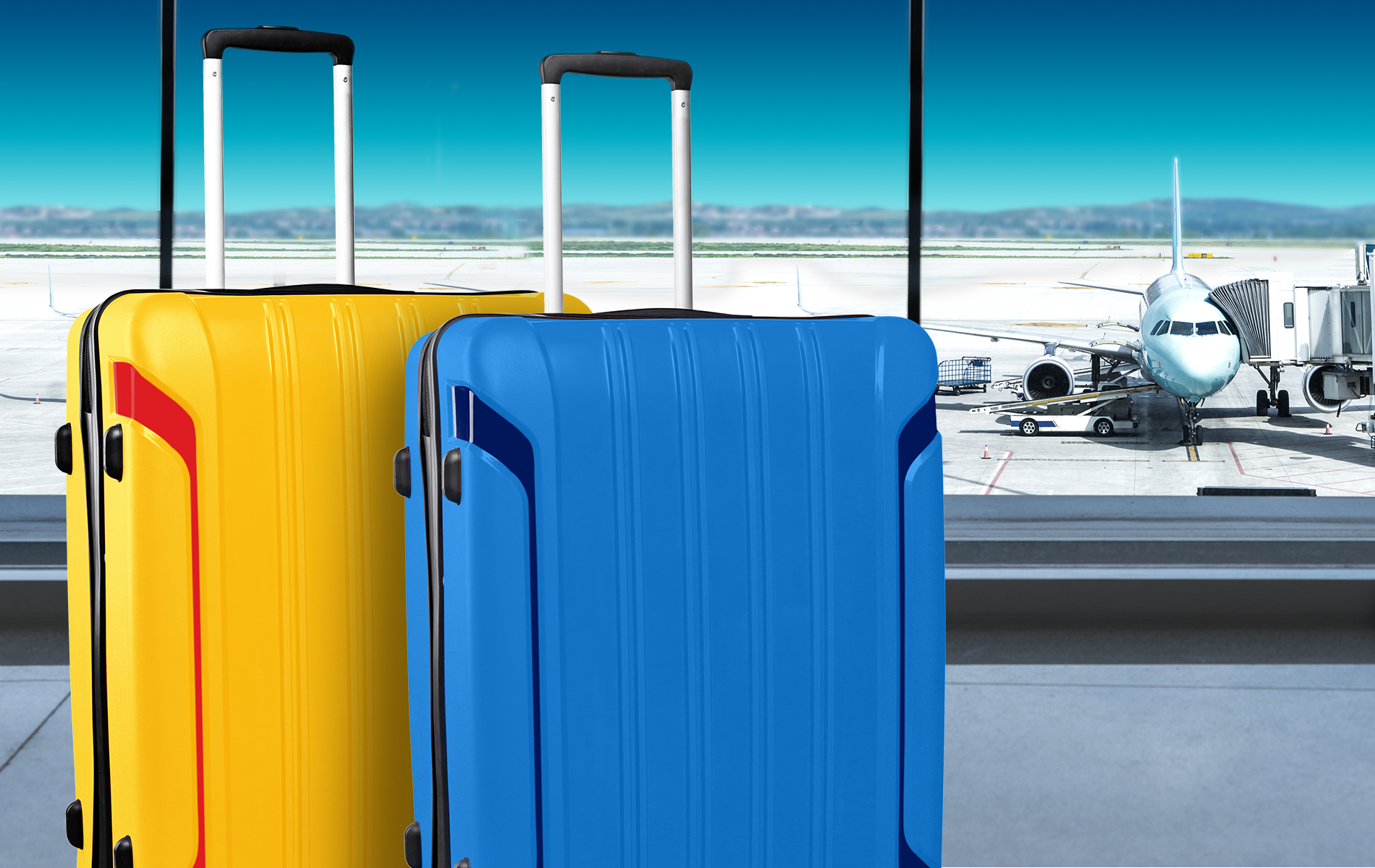
Shell partners with American Express GBT to help boost supply of SAF
May 25, 2021
By Shell

A partnership has been formed between Shell Aviation and American Express Global Business Travel (GBT) to make sustainable aviation fuel (SAF) available.
Together, they will design a model for increasing the supply and use of SAF while moving forward the aviation industry’s goal of net-zero emissions.
The partnership brings together airlines’ buying power and GBT’s corporate business travel customers at scale to drive a step change in production and usage of SAF, enabling airlines and corporations to achieve progress towards long-term emissions targets.
A return to flying for essential business travel is a crucial driver of economic growth for many companies, but options to reduce air travel emissions, in line with wider net-zero emissions targets, are currently limited. Hydrogen and electric flight technologies that are lower or zero carbon are unlikely to impact at scale until mid-century, leaving SAF as the only viable, in-sector, option for reducing emissions in the short to medium term. SAF can be made from a variety of feedstocks and through a number of different technologies. Compared with conventional jet fuel derived from fossil fuels, SAF has the potential to cut lifecycle emissions from aviation by up to 80 per cent. Today, however, it represents less than 0.1 per cent of aviation fuel used and is produced using one technology type.
“We want to help decarbonize the aviation sector and believe this collaboration could deliver new solutions for our customers to reach net-zero emissions,” Anna Mascolo, president, Shell Aviation, said. “SAF has incredible potential to drive the decarbonization of aviation. Even if all publicly announced projects today actually materialize, SAF would still account for just one per cent of the jet fuel market by 2030. If the aviation sector wants more SAF by 2025, significant new investments are needed today. This collaboration with GBT aims to create the environment that supports new investment in SAF production and new technologies.”
GBT chief executive Paul Abbott said, “Our approach with Shell could provide a turnkey solution for corporations working towards net-zero emissions. We believe aggregating corporate and airline demand is the most efficient way to drive the volume of investment needed to bring change at scale. By working with Shell, we aim to enable corporations and airlines to plot a course towards their own emissions targets, while acting as climate leaders and creating real change.”
This collaboration is expected to help drive transformation of the aviation and corporate travel sector, support a net-zero emissions future and deliver a new solution to customers in support of their own energy transition and carbon reduction ambitions. It will combine GBT’s relationships with corporations and their travelers, and experience on emissions reduction strategies, together with Shell’s in-depth knowledge of the aviation sector, SAF expertise and carbon management solutions.
Both Shell and GBT have set their own individual targets to become net-zero emissions businesses by 2050, in step with society. Shell’s targets cover the full range of its emissions, Scopes 1, 2 and 3 of all the energy it sells, not just the energy it produces. Achieving its target could mean that, by 2030, Shell is producing eight times more low-carbon fuels and increasing the amount of biofuels and hydrogen in the transport fuels it sells to more than 10 per cent (from around three per cent in 2020). Shell is working with its customers to accelerate the transition to net-zero emissions. To achieve its net-zero emissions 2050 target, GBT plans to use SAF to reduce its own corporate travel emissions.
Print this page